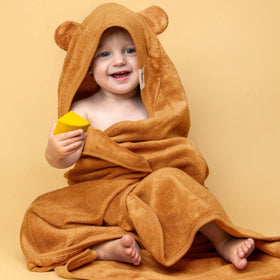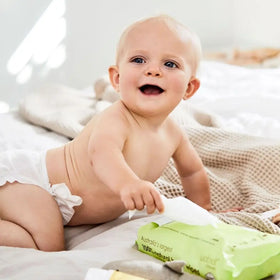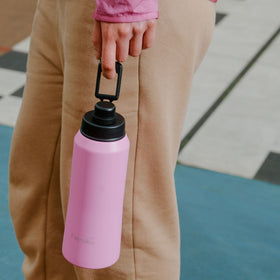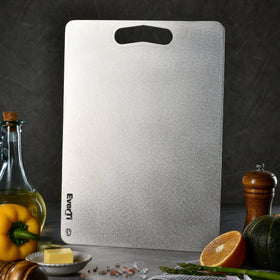
Cruelty Free vs Vegan Makeup and Skincare: We Explain the Difference
You may have seen labels on makeup and skincare products that say vegan or cruelty free. The common misconception is that cruelty free and vegan are the same. But this is a misconception, as they're not the same thing at all. So in this post we're going to discuss about cruelty free and vegan makeup and skin care, and the actual difference between the two.

Are cruelty free and vegan the same thing?
Vegan products don’t contain animals or animal byproducts, but does it mean they're cruelty free as well? Well, not exactly. Vegan makeup and skin care products are made strictly from plant derived ingredients. However, they may still be tested on animals. Some countries, such as mainland China, mandate animal testing for products that will be sold within the country. Even companies that don’t normally test on animals may do so in order to access the lucrative Chinese market.
Cruelty free products are never tested on animals. This includes both the ingredients and the final products. They use alternative forms of testing, usually through computer modelling, in vitro tests, or studies done on human volunteers. They may still contain animal products, though. In short, the vegan label applies to the ingredients that the products are made from, while cruelty free applies to the process of bringing the products to the public.
Common ingredients that come from animals
Some ingredients that may come from animal parts:
- Collagen – normally comes from chickens' feet
- Keratin – from animal feathers, hair, horn, nails and hooves
- Squalene – usually comes from shark livers
- Not the same as squalane (with an ‘a’), which is a similar compound from vegetable oils or sugar cane. Squalane is actually better because it’s more shelf stable and doesn’t go rancid extremely quickly like squalene does.
- Gelatine – from boiling animal skin, bones and hooves
- Carmine (aka cochineal) – a bright red pigment made from insects
- Guanine (pearl essence) – from crushed fish scales
- Retinol – usually from animal and fish livers or egg yolks
- Elastin – from cow ligaments and aortas
- Shellac – from the lac insect
Some products that are not from animal carcasses, but are still from animals, such as:
- Honey, beeswax, propolis, and bee pollen
- Lanolin – usually from sheep’s wool
- Casein – milk protein
- Oestrogen or Oestradiol – from the urine of pregnant horses
There are also products that may come from plant or animal sources:
- Hyaluronic acid – can be from the combs of roosters or fermented wheat.
- Stearyl alcohol, and stearic, palmitic, and oleic acids – can be from animal fats or synthesized from hydrogenated vegetable oils.
- Glycerine – most likely from plant sources, but can be from animal sources too.
- Glucosamine – may be from shellfish, chicken bone marrow or corn.
So these products may still be vegan, but if the label doesn't say, don't assume. Ask questions!
Which logos and certifications should you look out for?
These watchdog groups make it their mission to certify makeup and skincare companies as cruelty free and/or vegan.
For cruelty free certifications
Choose Cruelty Free (CCF) is an Australia based non profit organisation that certifies companies as animal testing free. CCF also campaigns to end animal testing throughout the world. They maintain a list of cruelty free vegan products as well. Leaping Bunny is made up of a coalition of animal rights organisations from the USA, Canada and Europe.
For vegan certifications
Certified Vegan and the Vegan Society certify that products are not made from animal or animal derived ingredients, nor have animal products used in the manufacturing process (such as sugar filtered with bone char). Animal derived GMOs (genetically modified organisms) are also prohibited. These organisations also ensure that manufacturing plants carry out a thorough cleaning process to avoid cross contamination with non vegan products.
Looking for vegan makeup? Then you can check out this list to find some of our vegan makeup recommendations.










